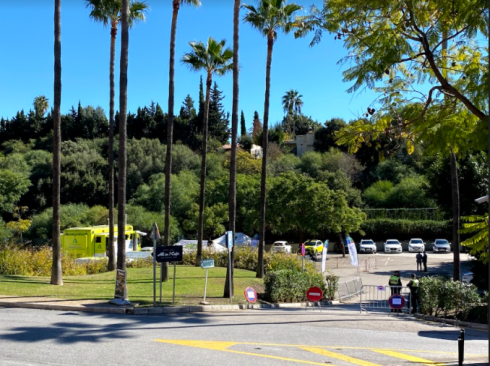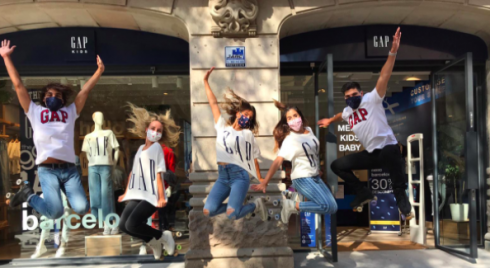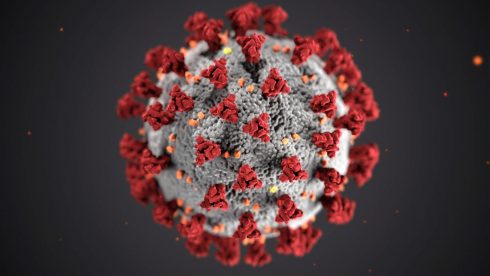THE declaring of Spain’s second nationwide state of alarm has brought in several new lifestyle restrictions.
Prime Minister Pedro Sanchez said at a press conference this afternoon that the goal is to ‘limit mobility and personal contacts’.
The new measures, including a curfew and potential closure of regional borders, could be in place until the beginning of May, the PSOE leader warned.
However the details of the restrictions will be determined by the regional governments and can be lifted if the autonomous community’s coronavirus figures improve sufficiently.
Curfew from 11pm to 6am
The first measure, and perhaps the most controversial, is the establishment of a nighttime curfew from 11pm to 6am.
Residents will only be permitted to be outside for work, if they are returning home or are caring for the elderly or a dependant.
The Canary Islands is exempt from the curfew due to its ‘good epidemiological data’, Sanchez said.
Regional governments can move the hours of the curfew, having it start at 10pm or midnight, and ending at 5am or 7am.
Catalunya has announced its curfew will be from 10pm to 6am, for example.
Movements between regions
The state of alarm also gives regions the power to close off provinces and municipalities.
The measure means people cannot leave an area unless for work, health or legal reasons.
A region can apply this measure for its whole territory or for particular areas which are worse hit by COVID-19.
Some regions, such as La Rioja or Navarra, are already confined on the perimeter, as are cities such as Oviedo, Gijon and Aviles (in Asturias) and the entire metropolitan area of ??Granada in Andalucia.
Rule of six
The state of alarm also allows for the restriction of social gatherings, imposing a limit of six people (unless they live together).
Once again the decision and power to implement this rests with the regional government.
Schedule limitations
The legal text also enables autonomous communities to restrict the hours of commercial premises, especially those related to the hotel industry, as well as in shopping centres, gyms, etc.
Click here to read more Spain News from The Olive Press.








